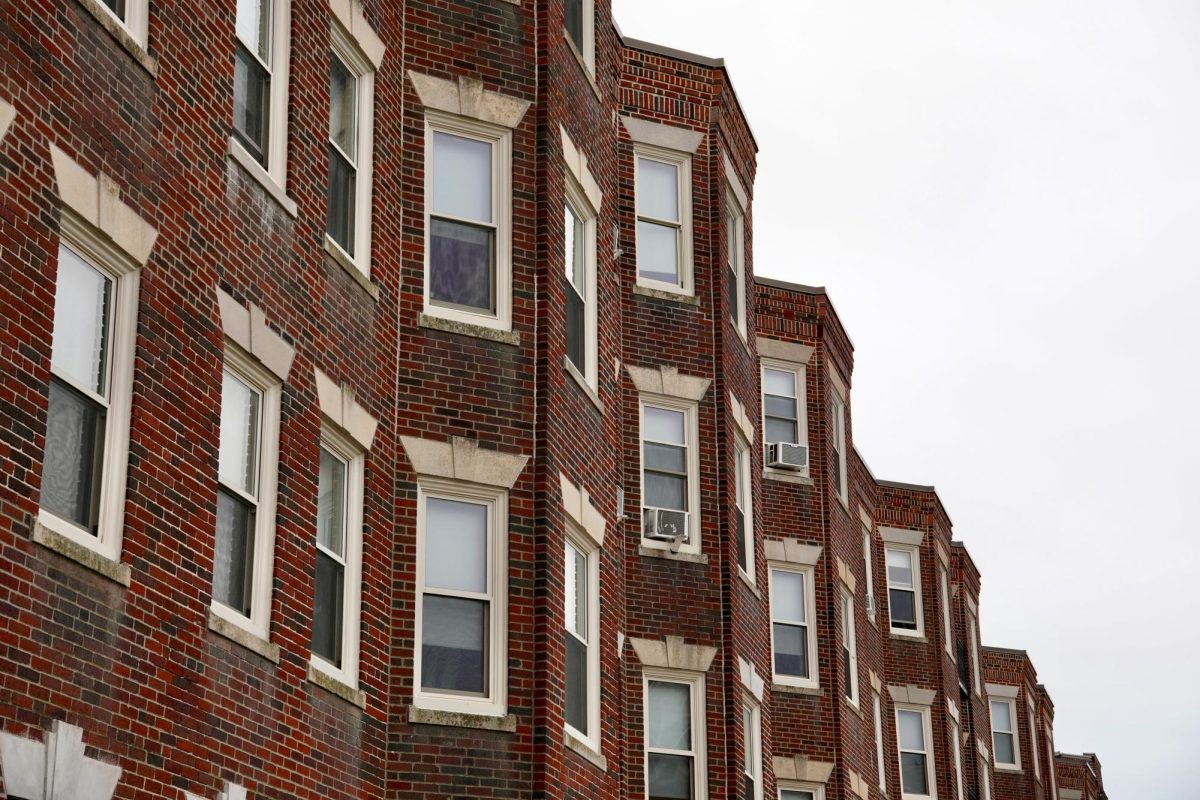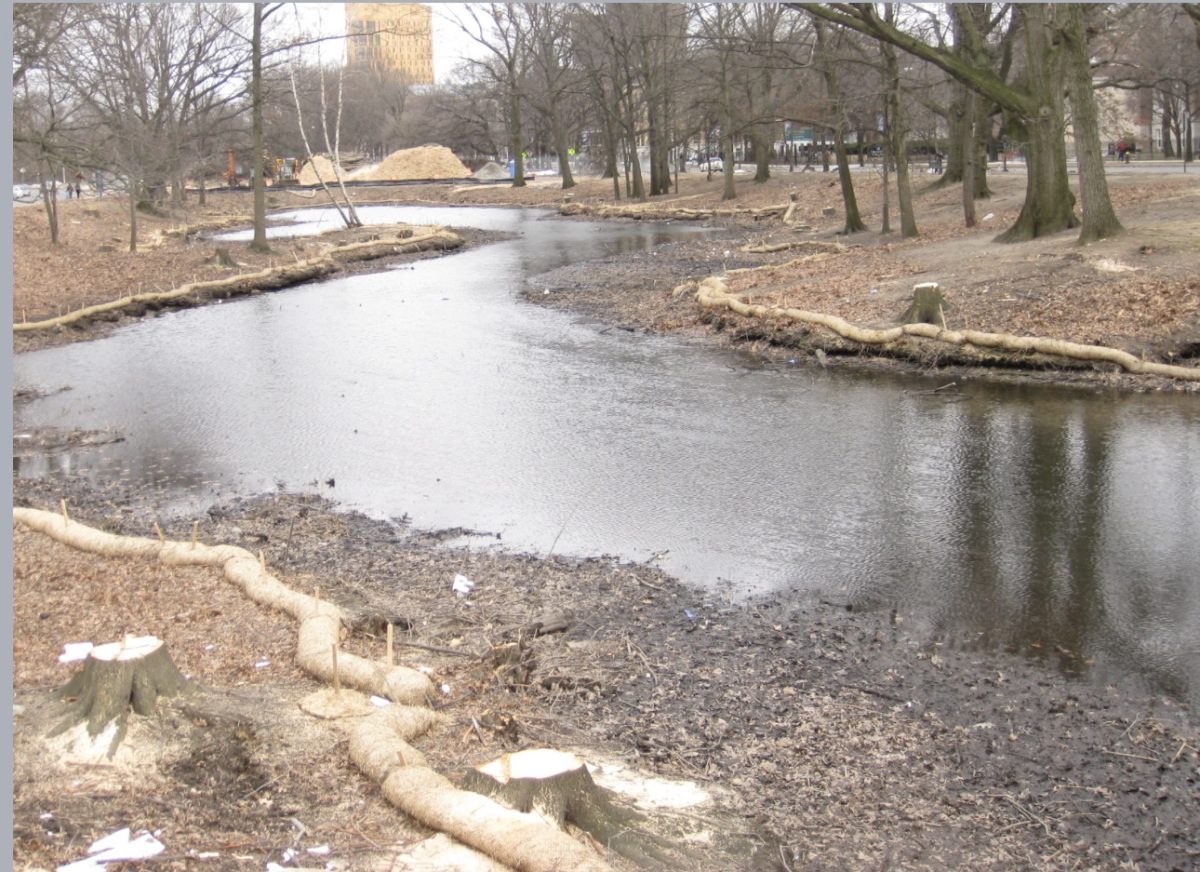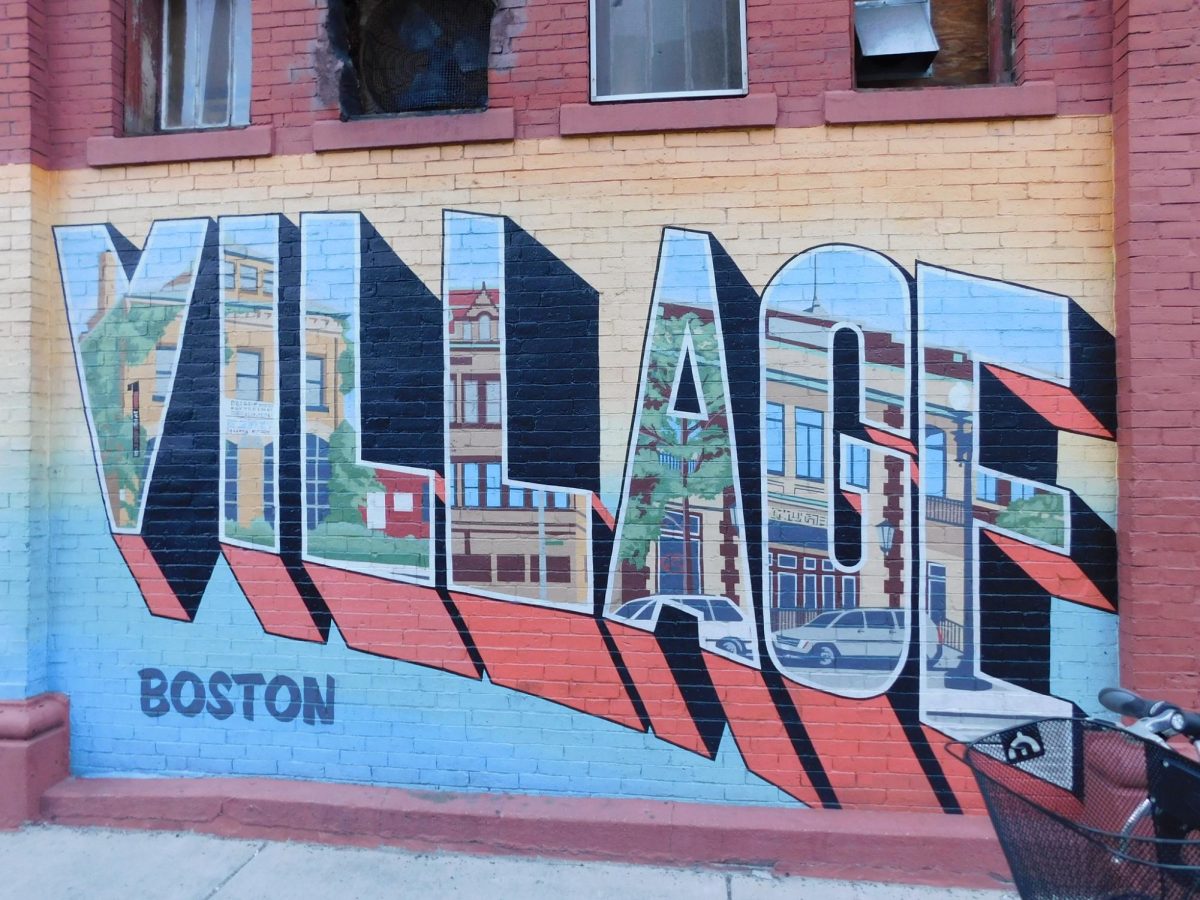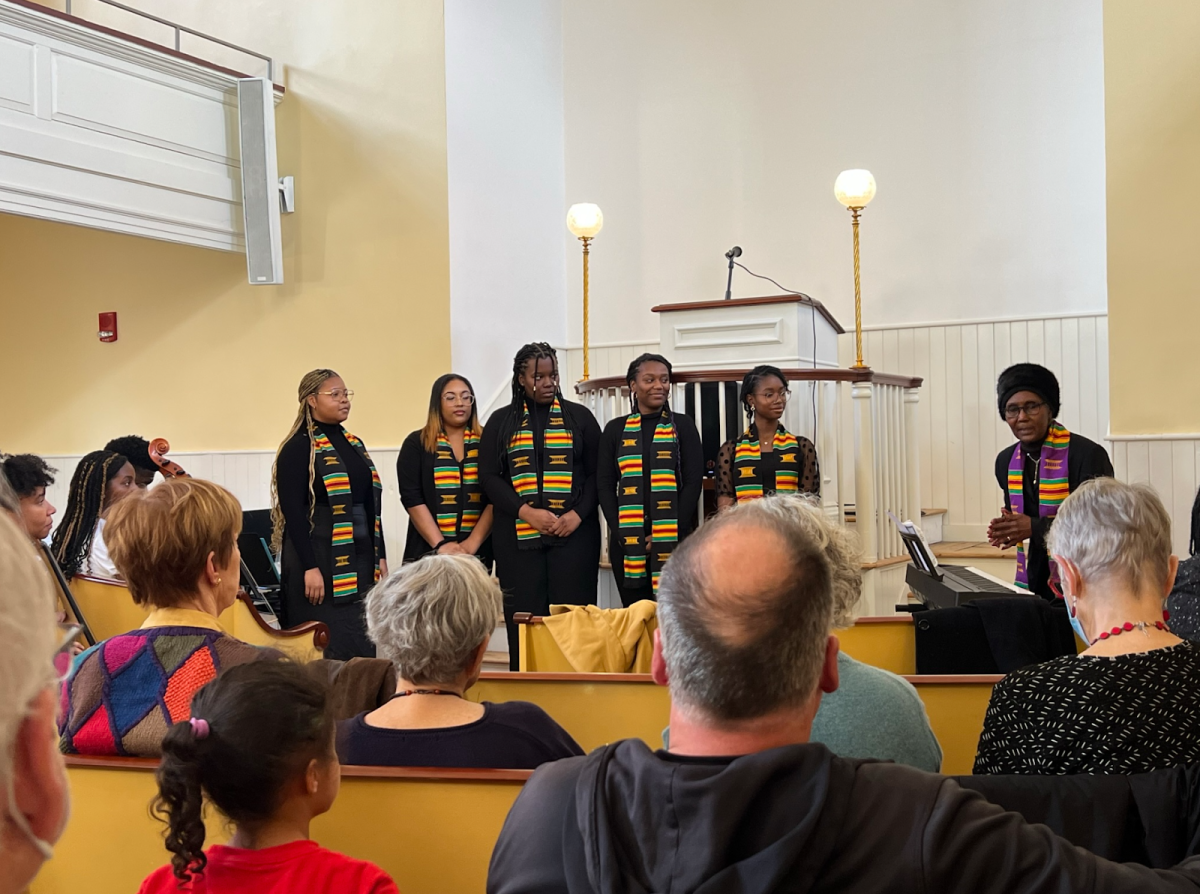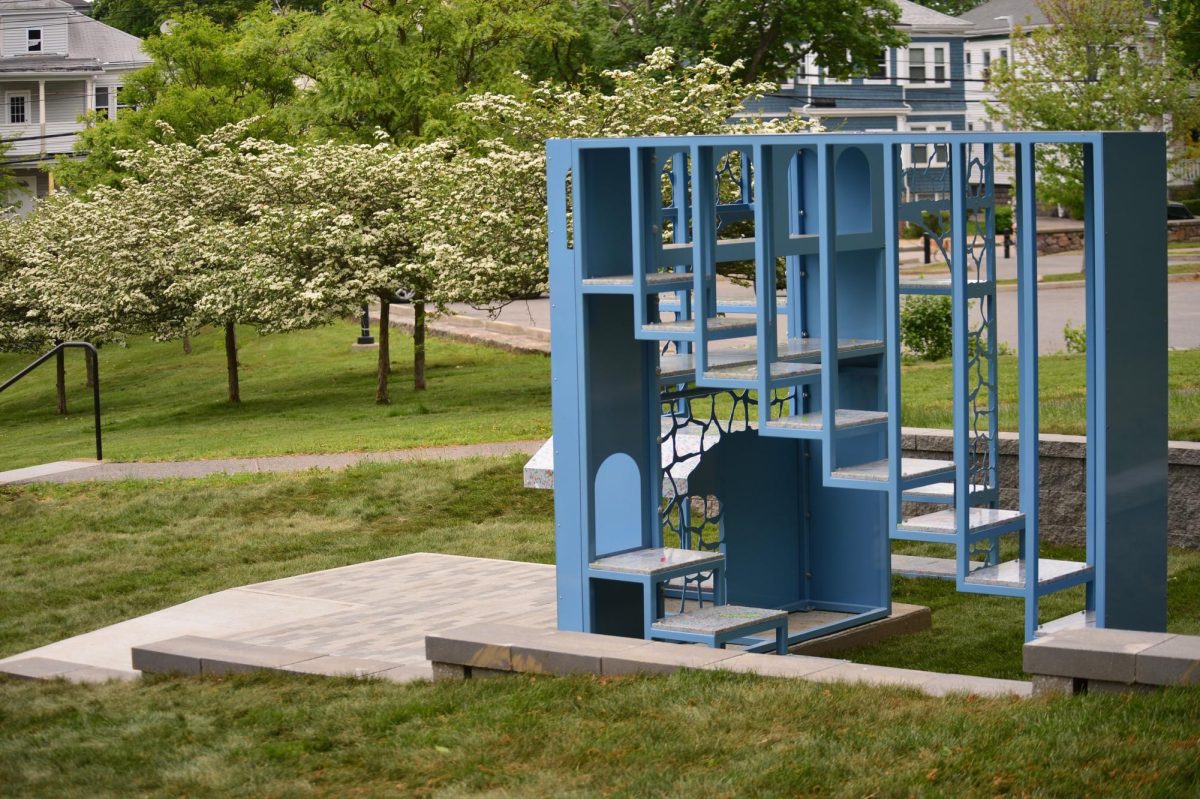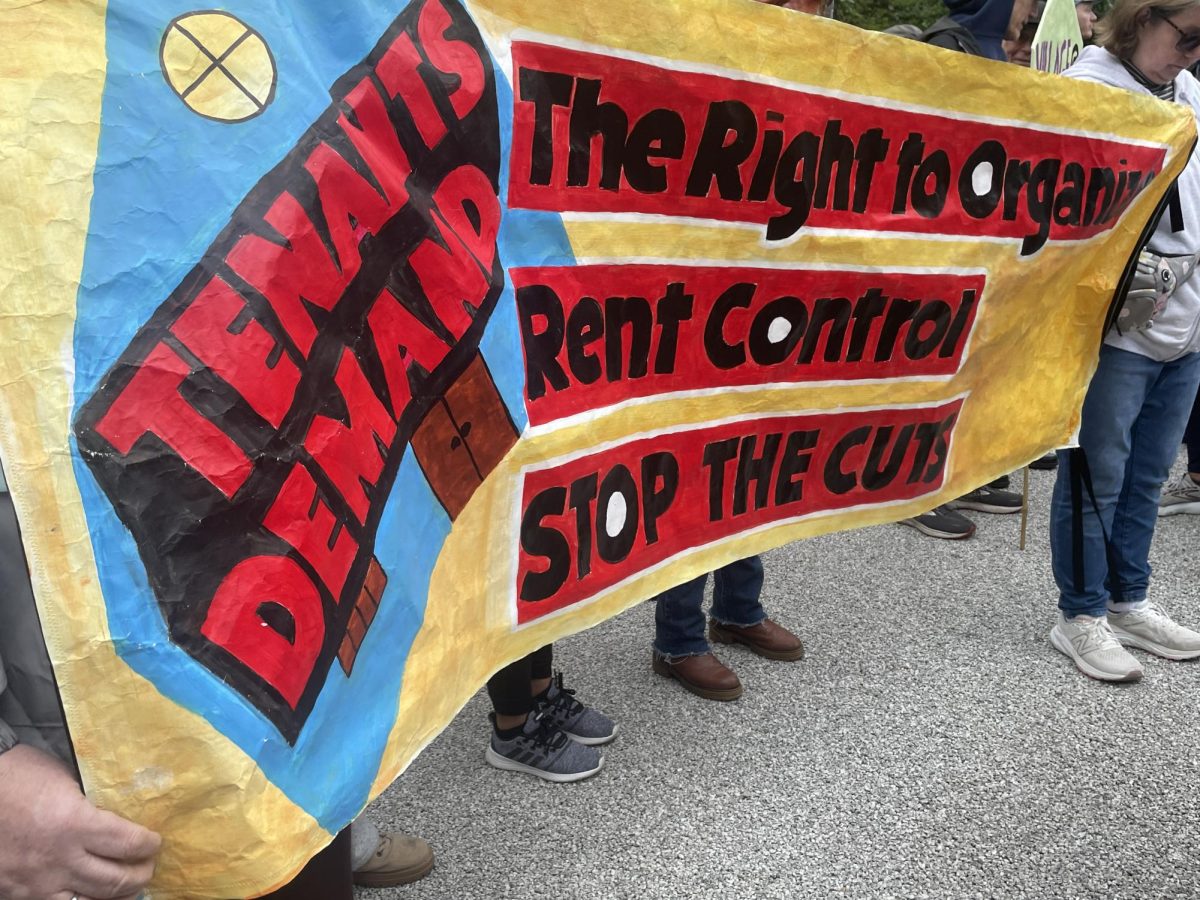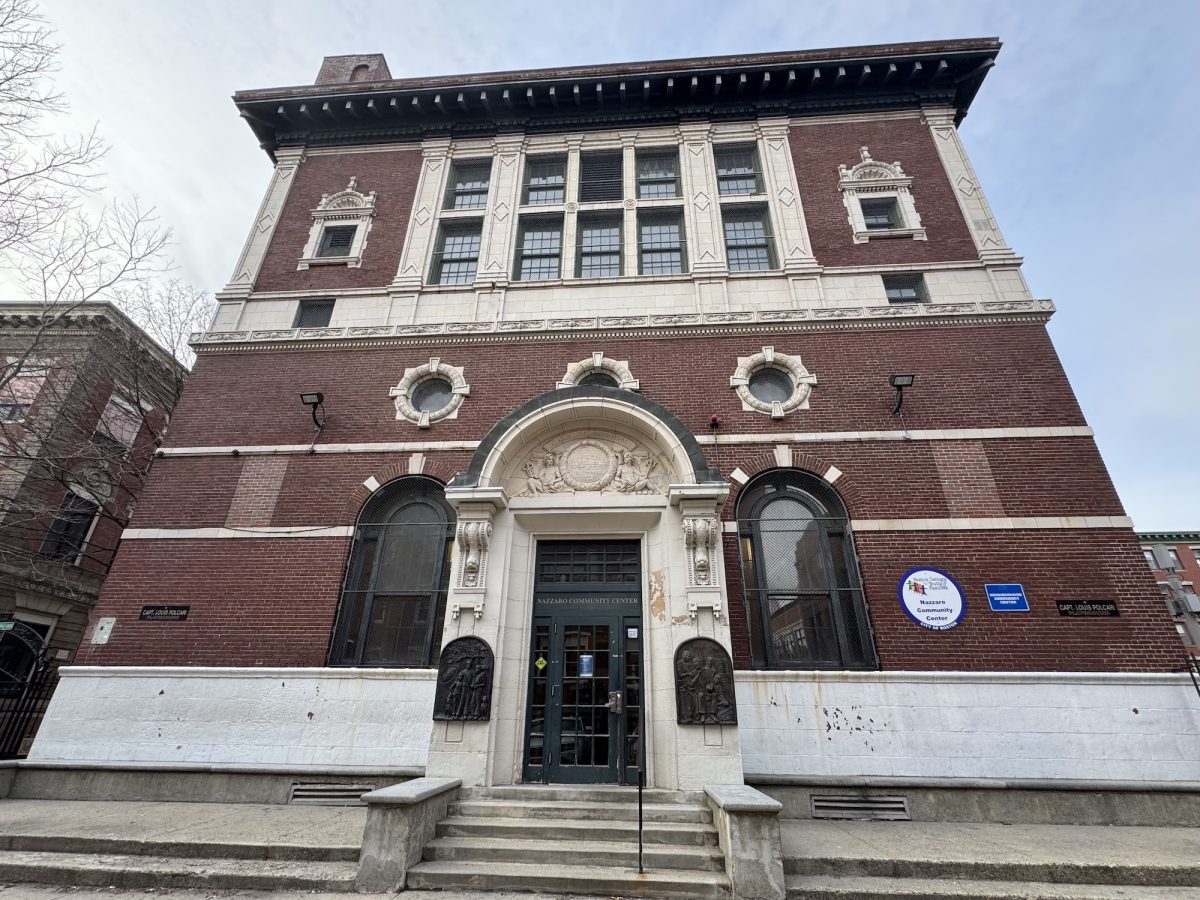Massachusetts’ overburdened emergency shelter system surpassed full capacity at 7500 families this week, strained by a housing crisis and a months-long influx of migrants into the Bay State. As state leaders broach the uncertain future of the Commonwealth’s unique right-to-shelter law, local communities are responding to the crisis with a sense of responsibility.
The state’s right-to-shelter law, established in 1983 by former governor Mike Dukakis, protects access to emergency housing for families and pregnant women facing homelessness. Earlier this year, state leaders began sounding alarm bells that the law’s housing guarantee could soon falter, taxed by an unforeseen influx of Haitian refugees seeking asylum in the United States. Doubts continue to swirl around the future of right-to-shelter as the state pivots and adjusts its strategy for placing applicants in shelters.
In October, Governor Maura Healey announced at a press conference that, beginning this November, the state will not be able to add new units to its network of shelters across more than 90 municipalities, which already includes many hotels, motels and converted dorms. Backed by an additional $250 million, which was approved by the state legislature on Nov. 1, the administration will prioritize families facing health and safety risks for placements in emergency shelters. Families who aren’t “immediately connected with shelter” will be placed on a waitlist, Healey said.
“Especially with winter approaching, we need everyone to understand that we are entering a new phase of this challenge,” the governor said. “We can no longer guarantee shelter placement for families who are sent here, so we are implementing new strategies to address the situation.”
The housing crisis plaguing Massachusetts is nothing new, although it has escalated dramatically in recent years. In 2014, the Boston Globe warned that the unhoused population in Massachusetts was growing far more rapidly than in any other state, and more recently the paper’s Spotlight Team has highlighted the zoning laws, luxury housing developments, and surging home prices have paved the region’s path to a dire housing crisis.
Then came the state of emergency. In August, Healey appealed to the federal government for increased funding of the state’s emergency shelters and for expedited migrant work authorizations. At the time, the state was housing 5,600 families in emergency shelters.
Two months later, emergency assistance shelters have swelled to meet heightened demand. An additional 1,400 families had already entered the system when Worcester Public Library (WPL) librarian Katelyn Duncan decided to lead an informational webinar around the shelter shortage in October.
Duncan is one of many public servants filling in administrative gaps in the service provider network that emergency shelters have traditionally relied on. Two kinds of emergency assistance shelters exist in 90 cities and towns across the state: Supported shelters, at which assigned service providers are responsible for meeting residents’ basic needs, and unsupported shelters that operate without designated providers. While the National Guard has been deployed to some unsupported sites, others remain unstaffed.
“That is where I’ve seen many librarians get involved. I had someone come in who wanted to know if she was supposed to go to court in person or online, which is a fun new wrinkle for everyone,” Duncan said.
In April 2023, the WPL began offering a free immigration legal consultation clinic modeled on Mayor Michelle Wu’s Office of Immigrant Advancement. Duncan estimates that the clinic serves 30 immigrants a month with help from as many as eight volunteer attorneys.
Many Bay Staters agree that efforts to alleviate the current strain on the emergency shelter system will require cooperation and empathy from all corners of the Commonwealth. In October, Cardinal Sean O’Malley, leader of the Archdiocese of Boston, urged priests in The Boston Pilot to be “ready and willing to assist” migrant resettlement efforts as the demand for emergency shelter grows.
A recent poll from the University of Massachusetts and WCVB also illustrates residents’ strong backing of the right to shelter law. Researchers sampled 700 respondents, with nearly two-thirds indicating strong support or some support for the right-to-shelter law, among other housing policies.
Graphic by Rebeca Pereira
The poll contends with the question of whether a right-to-shelter law should exist at all in Massachusetts, the only state with any such legal protection for unhoused families and pregnant women. The law does not include unhoused individuals.
As the state’s shelter capacity has struggled to keep pace with the influx of migrants needing emergency shelter, some detractors, including state Representative Peter Durant, a Republican representing Worcester’s sixth precinct, fault the law for overburdening the shelter system in the first place, dubbing right-to-shelter a “migrant magnet.”
In CommonWealth Magazine, the legislator bemoaned right-to-shelter’s steep price tag. According to Healey’s administration, the state is currently shelling out $45 million per month to maintain shelter residents.
“I think those people that are coming across the border, coming across illegally, it’s a humanitarian crisis,” Durant said of migrants in the magazine’s podcast.
But Duncan, a staunch champion of librarians’ potential to better their communities, said this mischaracterization of migrants is inconsistent with her experience. The crisis is palpable, but Duncan explained that the majority of migrants who reach Massachusetts through the United States’s southern border do so as asylum seekers. Consequently, they are admitted to the state’s emergency shelters legally protected by an immigration status that grants migrants humanitarian parole.
“It’s essentially the government saying: ‘For humanitarian reasons, we’re going to let you into the country temporarily for a period of one to two years.’ There may be exceptions, but by and large [migrants] are very explicitly documented,” Duncan said.
Despite its strict eligibility requirements, the emergency assistance shelter system has provided housing, nourishment and care to innumerable families, migrants and long-time Mass. residents alike, since right-to-shelter became law in 1983.
Northeastern University law professor Ana Rivera said that, in many cases, right-to-shelter has even functioned as a preventative measure, safeguarding against homelessness during eviction proceedings.
Rivera leads Northeastern’s Housing Rights Advocacy Clinic, which helps litigate housing cases for low-income tenants in the greater Boston area. “To the extent that some evictions are inevitable, [emergency assistance] shelters were a final safety net for some people,” she said.
From the moment eviction cases are filed to the tenant’s first court appearance, Rivera noted, proceedings can last upwards of 60 days. Before the COVID-19 pandemic, she often saw cases reach a resolution that included the prospect of finding new affordable housing, but circumstances have changed, she said.
“What I’m seeing more of now, post-COVID, is that the ability of tenants to move out and find alternative, affordable housing is vastly reduced,” she said. “So, the EA shelter system has, in some eviction cases, become a last-resort safety net to avoid a forced eviction by a sheriff.”
“Homelessness is catastrophic in its own right, but having no prospect for any shelter for otherwise eligible families increases the level of harm and danger to these families in ways that are inconceivable,” Rivera said.

